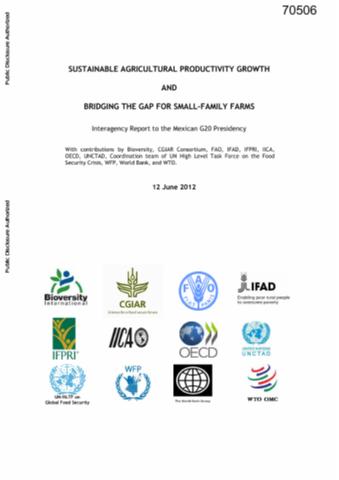Gender Issues and Best Practices in Land Administration Projects : A Synthesis Report
This report is a synthesis of information gleaned from four case studies of World Bank-financed land programs in Azerbaijan, Bolivia, Ghana, and the Lao People's Democratic Republic. The case studies were designed to both broaden and deepen our understanding of how land policies affect women and men, with an aim to applying this knowledge in very practical ways to World Ban-supported land projects.


